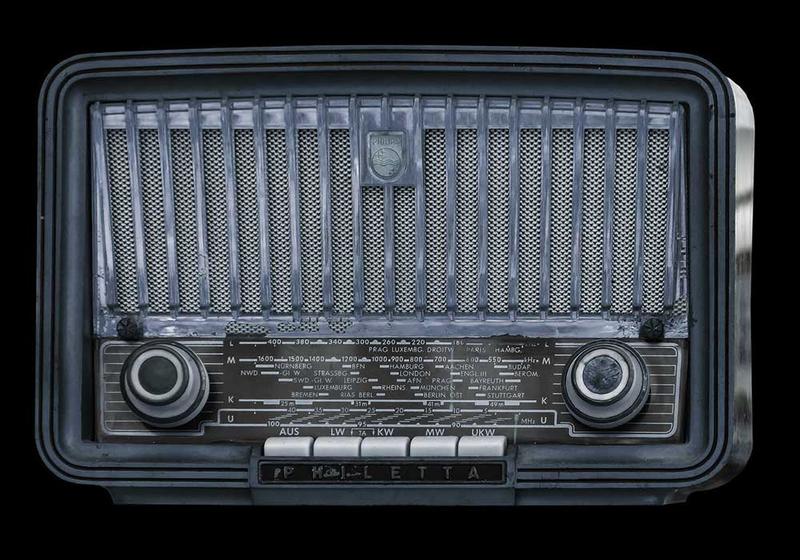
Physicist Albert Turpain was in the basement of the Faculty of Science when he managed to send and receive the first Morse code radio transmission in 1894. This very moment was to change the world forever; it was the birth of radio.
In 1906, the human voice was transmitted through radio for the first time. And in 1915, the first international news programmes were broadcast from Germany.
Since its origins, radio has had an astonishing impact on political, economic and social developments worldwide. Above all, however, it has had a lasting impact on the development of the entertainment industry and mass information and remains one of the most important platforms in both areas.
Today, traditional terrestrial radio coexists with Internet radio stations, which began to appear in the 1990s, as well as with the popular podcasts that appeared a little later, in the 2000s. And yet, radio’s relevance is unchanged.
Every day, traditional radio allows many people around the world to access up-to-date information without the need for internet. In the event of power failures, battery-powered radios are the only means of communications left allowing people to stay informed in real time.
In addition, due to the proliferation of local radio stations, radio plays an important role in the regional identification and integration of listeners. There are many community radio stations and independent journalism programs that show this influence in regions such as LATAM.
Among other things, one must not forget that radio, during its long history, has provided an unprecedented space for interaction between the program and the listeners. Live phone calls from the audience as part of radio programs to give an opinion or ask for advice are somewhat reminiscent of the participation going on in a social network and that listeners love so much.
On the occasion of World Radio Day, established by UNESCO member states on the same day that United Nations (UN) Radio was formed on 13 February 1946, eMedia Monitor would like to recall the history and achievements of this great medium.
Traditional radio has been part of eMM’s history since its conception. In 2007, eMM was one of the first companies to recognize the relevance of broadcast media for companies worldwide. Since then, with state-of-the-art technology, eMM has become one of the leading media monitoring companies, covering most radio and TV channels around the world for their customers.
Day after day, we at eMM see how radio continues to be a relevant mass medium not only for our clients and their industries but also for the global economy, politics and society despite all the technological transformations. Thus, we look forward to continue working to facilitate traditional radio monitoring for any company, large or small, and in any part of the world that wishes to do so!
You might also be interested in:
How Media Monitoring Can Help Gaining a Competitive Edge by Tracking Competitors’ Activity
Safeguarding Companies and Brands Against Misinformation through Media Monitoring